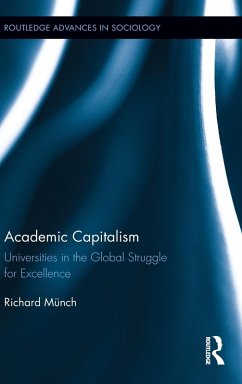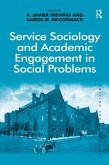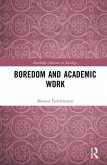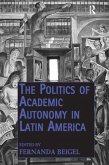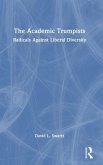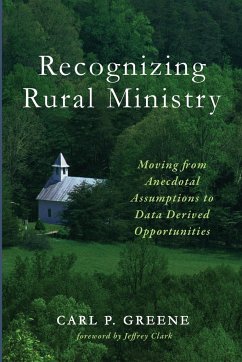This book investigates the intensifying struggle for excellence between universities in a globalized academic field. The rise of the entrepreneurial university and academic capitalism are superimposing themselves on the competition of scientists for progress of knowledge and recognition by the scientific community. The result is a sharpening institutional stratification of the field. This stratification is produced and continuously reproduced by the intensified struggle for funds with the shrinking of block grants and the growing significance of competitive funding, as well as the increasing impact of international and national rankings on academic research and teaching. The increased allocation of funds on the basis of performance leads to overinvestment of resources at the small top and underinvestment for the broad mass of universities in the middle and lower ranks. There is a curvilinear inverted u-shaped relationship of investments and returns in terms of knowledge production. Paradoxically, the intrusion of the economic logic and measures of managerial controlling into the academic field imply increasing inefficiency in the allocation of resources to universities. The top institutions suffer from overinvestment, the rank-and-file institutions from underinvestment. The economic inefficiency is accompanied by a shrinking potential for renewal and open knowledge evolution.
Hinweis: Dieser Artikel kann nur an eine deutsche Lieferadresse ausgeliefert werden.
Hinweis: Dieser Artikel kann nur an eine deutsche Lieferadresse ausgeliefert werden.

